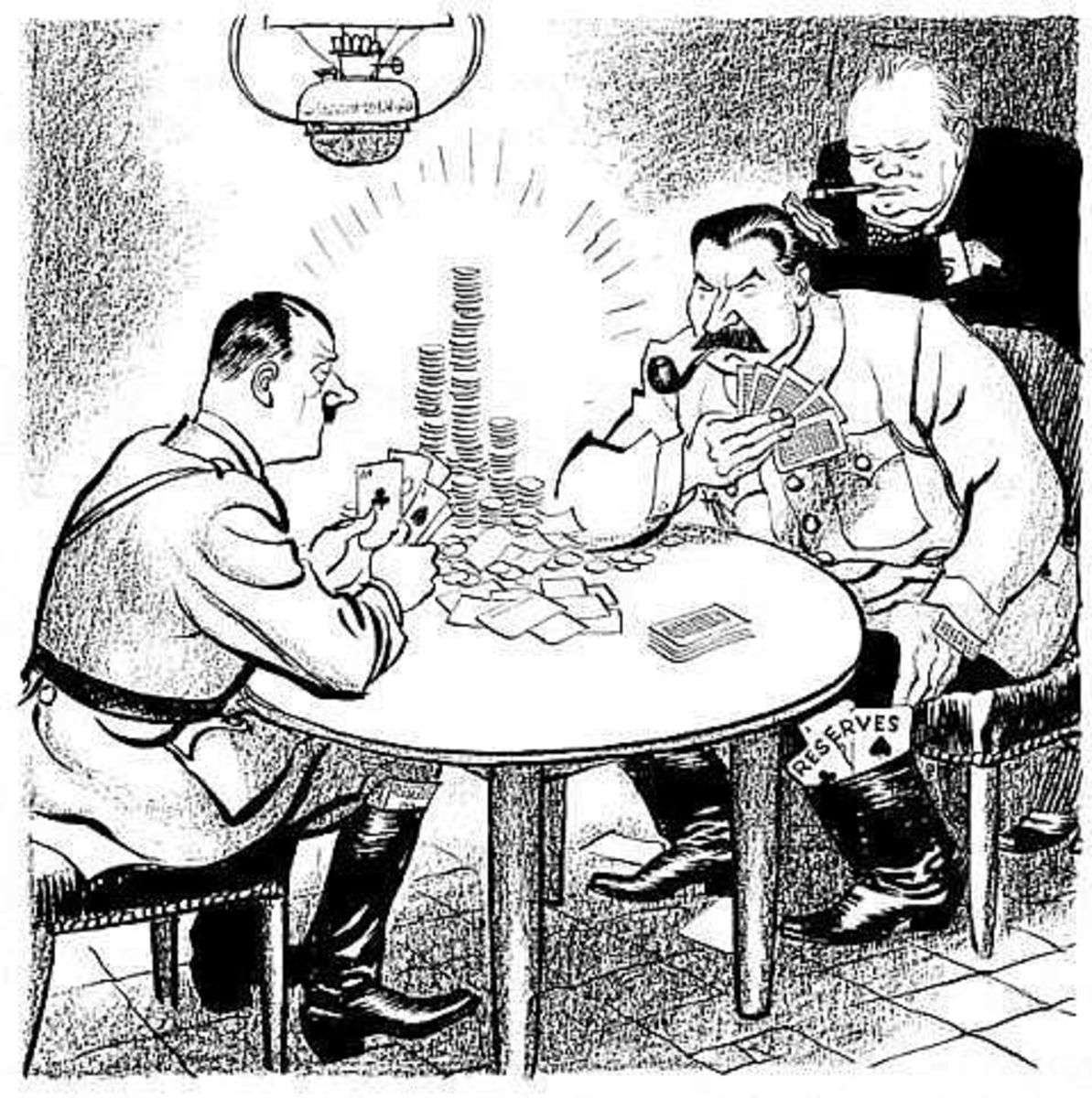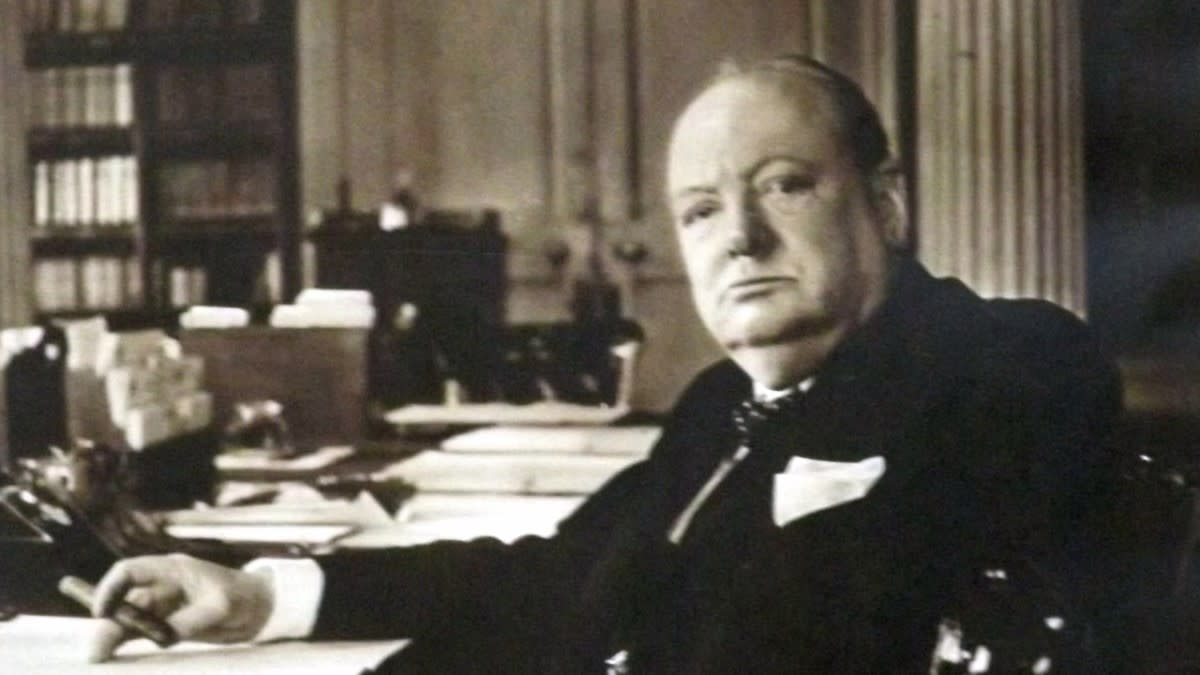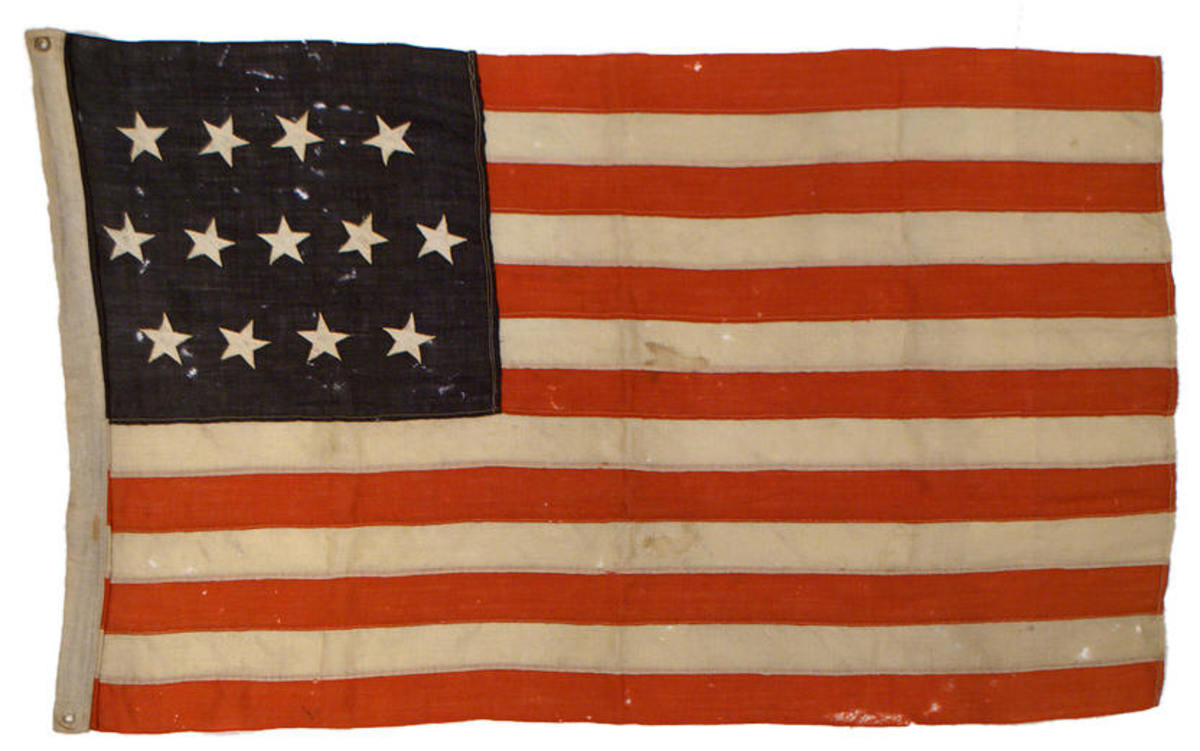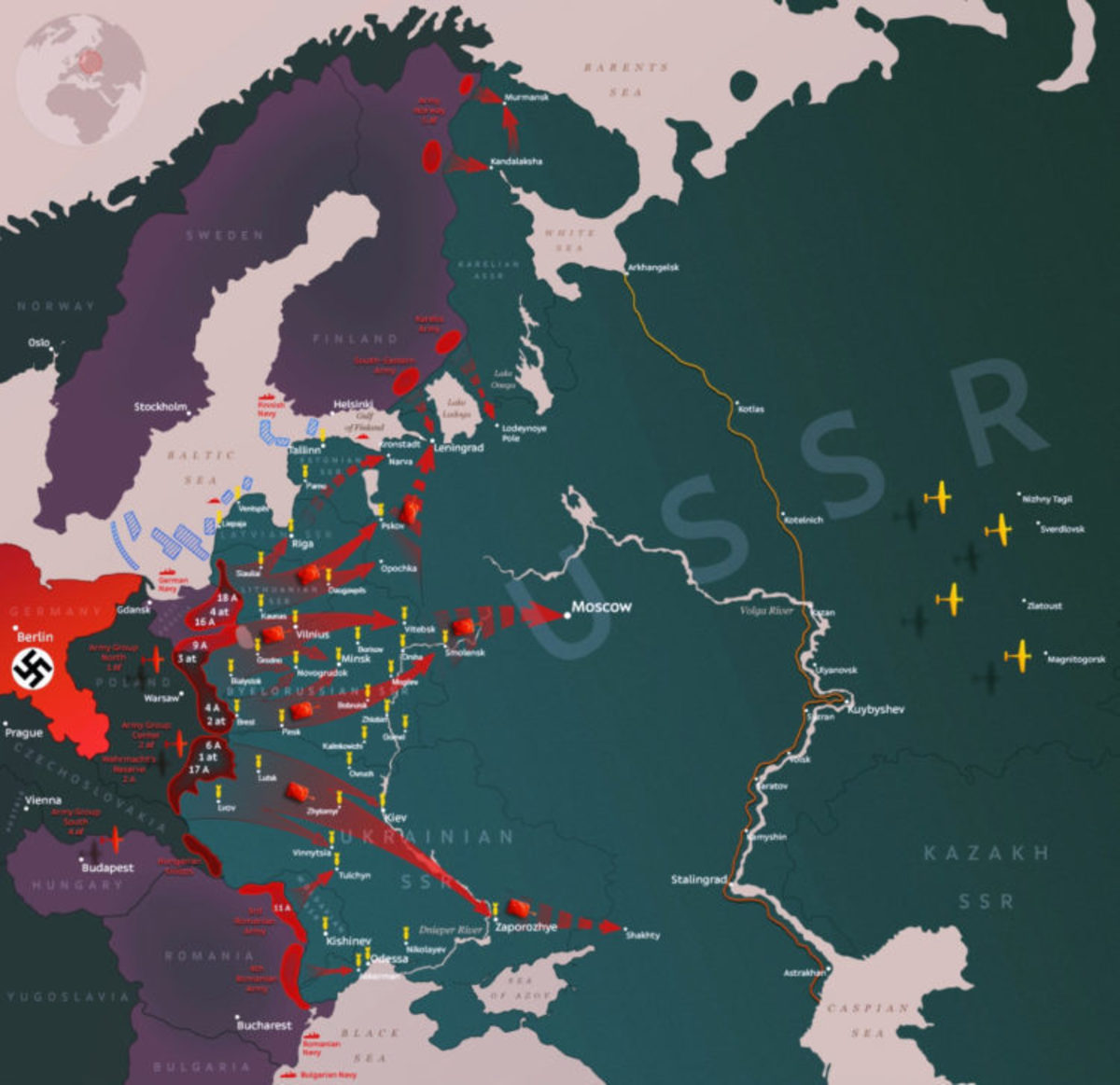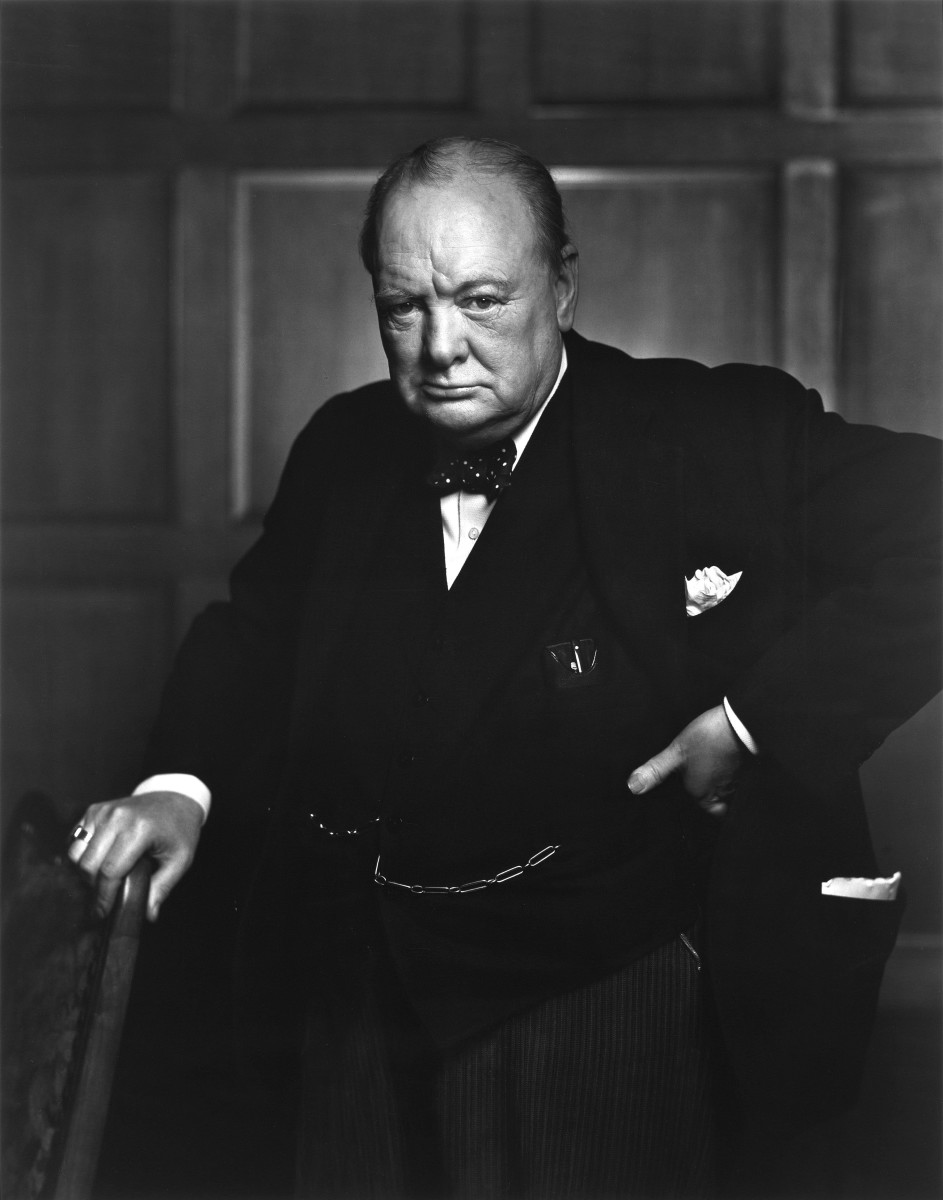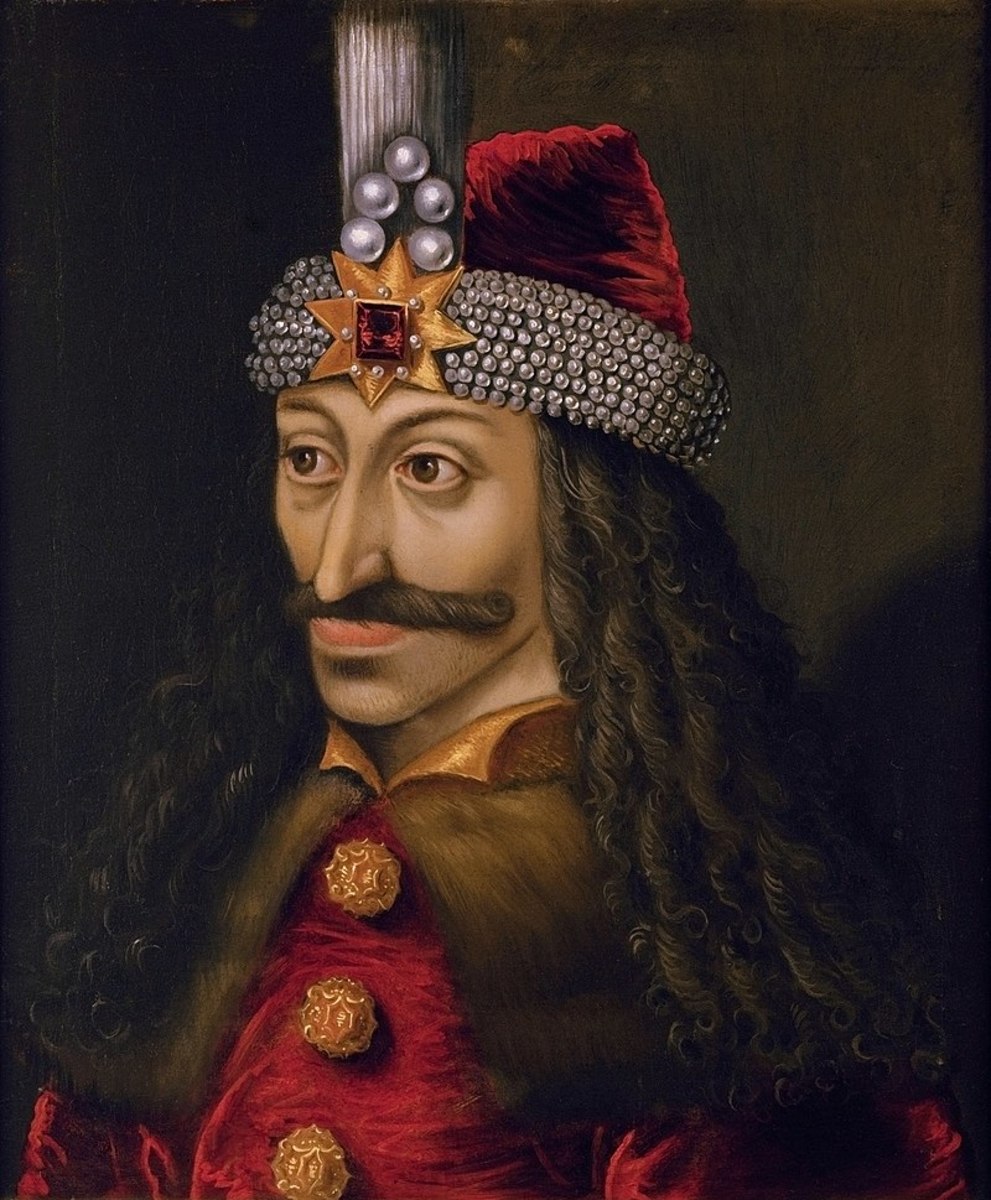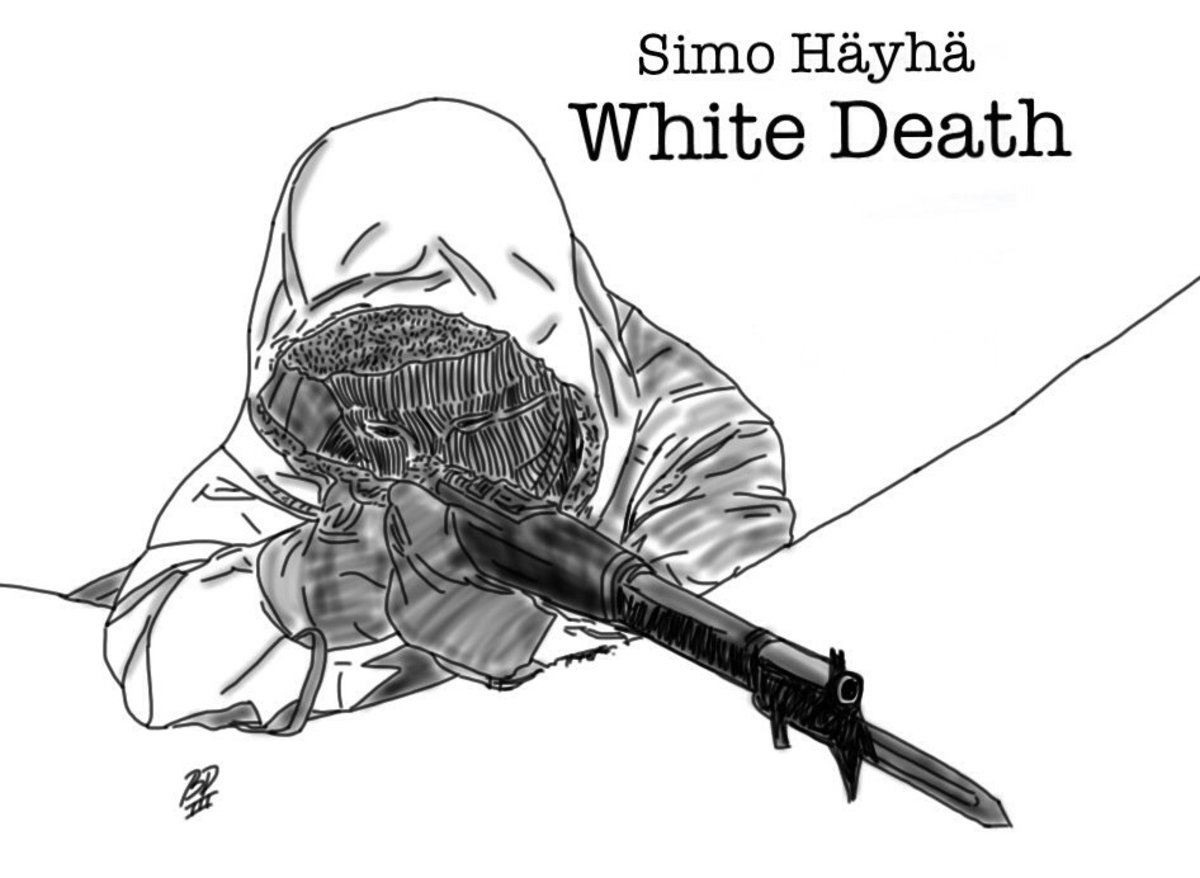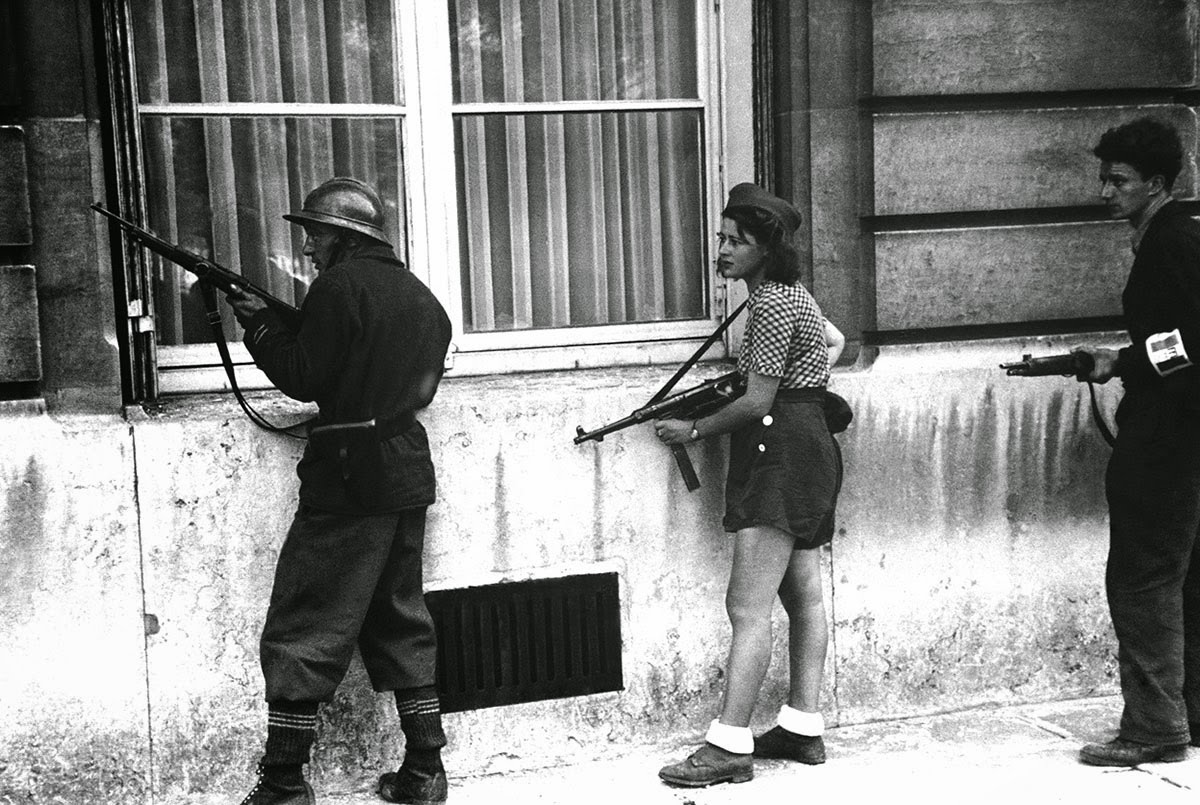- HubPages»
- Education and Science»
- History & Archaeology»
- Military History
Winston Churchill Did Not Save Western Civilization
The Great Prime Minister
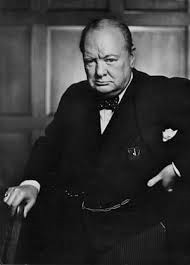
1941, Stalin and the Man of Steel (BBC)
Winston Churchill Did Not Save Western Civilization
Admirers of Winston Churchill, and there are many of us, sometimes give Churchill credit for saving Western civilization. This claim is untrue on several levels, although he stood up to Hitler, refused to negotiate and ultimately led a successful war effort against the Third Reich. Churchill admirers focus on the one year during which Nazi Germany concentrated its war effort against Great Britain and the British Empire, a period running from the Fall of France in June 1940 until the invasion of the Soviet Union on June 22, 1941.
Although Churchill was a voice crying out in the wilderness before 1939, and was the most prominent and articulate opponent of Hitler before Operation Barbarossa, he personally did not defeat Germany or Japan, nor did Britain defeat Nazi Germany or Japan by itself, nor did democracy triumph given the increased power of the Soviet Union.
Churchill possessed the foresight that comes with the study of world history. He adopted the traditional British foreign policy of opposing the strongest power on the Continent. Churchill understood, as the first historian Herodotus did, that a free people will conquer over the greatest of tyrants.
If we do not consider Japan’s invasion of China as the beginning of the Second World War, the Second World War began on September 1, 1939 when Germany invaded Poland. Churchill’s admirable contribution to victory came before the great majority of the fighting, dying and destruction.
To say that Winston Churchill saved Western civilization disparages the role of Great Britain herself. While we regard Churchill as the best leader for this time when Britain stood alone, the British nation, dominions and empire did the work. We must give equal credit to the Royal Air Force and its ingenious air defense system bolstered with radar, the Royal Navy and its numerous destroyers and motor torpedo boats that threatened to sink any German invasion, the British Army and Home Guard both then based in Britain, and the code breakers at Bletchley Park. In 1939, 1,324 new fighters were manufactured or delivered in the United Kingdom.[1] At the start of the Battle of Britain, well over 400 new fighters per month were being delivered.[2] That Churchill understood these advantages more than others allowed him to project confidence even as he warned others.
Britain was alone because of the German-Soviet Non-Aggression Pact, weaknesses of the Polish, Belgian, Dutch and French Armies, and American isolationism. The United States obviously did not believe all of Western civilization was on the line in Europe, although it moved closer to that position starting in late 1941. A dramatic military imbalance allowed Hitler to dominate Europe for just a few years before Germany became another Western democracy.
The Second World War proved once again the paramount importance of natural resources, population, technology, industrial capacity, supplies, economics and finance. As Professor Paul Kennedy found in The Rise and Fall of the Great Powers, the side with the greatest productive capacity wins the war. An individual contribution to a world war must necessarily shrink before the scales of economics, resources and population.
As Professor David Reynolds said about Stalin in a BBC documentary, “one of the biggest mass murderers of history” helped save Britain. Operation Barbarossa launched the biggest war in the history of the world, resulting in millions of civilian and military casualties along a front stretching from the Baltic to the Black Sea, from Poland to the gates of Moscow and the Crimea, and then westward back to Berlin. Over 90% of Allied military casualties in the European Theater of operation took place on the Eastern Front. For most of the war, Americans, the British and the other Allies fought Germany primarily at sea, in the air and on secondary fronts. The most direct and continuous contact and hence most of the bloodshed and consumption of resources occurred in Russia from 1941 until 1945. While fighting the Soviet Union, Hitler maintained that he was defending Western civilization against Bolshevik hordes. Crediting victory to the leader of the weakest of the three main allies, fighting on what became smaller or secondary fronts, and with competing claims as to who was defending Western civilization, disparages the Soviet Union’s enormous sacrifices. Nor does it admit the Western powers’ concealed satisfaction that two dictatorships did most of the fighting in Europe, on the largest front, and for the longest time.
While Western observers love to credit the United States and Britain with supplying armaments and war materiel to the Soviet Union, the timing of those contributions bears scrutiny. The Red Army stopped the German Army a few days before Pearl Harbor and counterattacked with its Siberian divisions before the United States and Britain could send significant quantities of material to the Soviet Union. The Red Army could not have survived and pushed the Germans out of Russia without American trucks, airplanes, boots and food, but no aid was needed to bog the Germans in mud, freeze them in summer clothing and ruin their morale. Japanese leadership understood all along Japan could not prevail against the United States in a long war, but their sense of honor required action.
The greatest armament and war production took place in the United States of America, which was safe from invasion and bombing. During the war, some far-fetched speculation had the Germans invading or bombing America, but that possibility was a fantasy compared to the reality of Pearl Harbor. Winston Churchill himself, after Hitler’s subsequent declaration of war against the United States, knew the Allies would win the war, even with Japan as a new enemy. Hitler’s skewed belief in race blinded him to the massive industrial capacity the United States would bring into the war. The combined Allied economies and populations virtually guaranteed ultimate victory. The importance of the United States was realized and articulated by Churchill, up to and including his stated desire that the New World should come to the rescue of the Old World.
Clearly, the leaders of all nations made mistakes during the Second World War. Hitler had a string of good luck from 1937 until December 1941, before his armies and vehicles were exhausted on the approaches to Moscow and Leningrad. Churchill made mistakes in his supervision of the Norwegian invasion centered at Narvik, Norway, the ill-fated raid on Dieppe, and the commitment of British troops to Greece, which weakened the North African front and required retreat within weeks of landing in Greece. Hitler erred by invading Russia and declaring war against the United States. Over time, the inevitable mistakes of one-man rule would play out on both sides of the Eastern Front, as the democracies grew in military strength.
Churchill’s contributions in the Pacific Theater were small compared to American, Australian and New Zealand efforts there. Churchill sent two of Britain’s best warships to oppose the Japanese, and both were promptly sunk by Japanese planes. The surrender of Singapore was the largest and most humiliating in British Empire history, and Churchill was powerless to stop it. While the Allies regarded Germany as the greatest military threat, the direct threat to “Western civilization” was the Japanese Empire, not the Western-nation-gone-bad.
That Churchill’s belligerence was ultimately vindicated by events is compared to the appeasement policy of Neville Chamberlain and the disorganization and defeatism infecting the French Army. But those sorry pre-war conditions, the aftereffects of the First World War, did not represent Western civilization. Fascist militarism was a sign of cultural decline according to Arnold Toynbee’s thesis, not progress. Germany was previously defeated and out for revenge; Japan was considered inferior to Western democracies and long treated that way.
Field Marshal Alan Brooke had a love-hate relationship with Churchill and disliked Churchill’s constant unworkable schemes and meddling in military affairs. In no way can we say that Churchill’s strategy or tactics for waging war were superior to any other professional military approach. Churchill’s main contribution was to warn Britain before the war started, causing the Chamberlain government to boost aircraft production and prepare for the worst.
As he stated in Mein Kampf, Hitler had no objection to the British Empire. Hitler looked on the British as fellow Aryans, a people much like the Germans, which is of course largely true in the racial, cultural, religious, dynastic, economic and technological dimensions. Accordingly, Hitler did not really want to fight Britain. Some believe he let the British escape at Dunkirk to facilitate peace terms. Hitler offered peace to the British after Dunkirk. Churchill is rightly admired for rejecting Nazi terms, which necessarily included ratification of conquests in Czechoslovakia, Poland, France, Norway and the Low Countries. To the extent Britain upheld the ideals of Western civilization, it might easily have upheld those ideals in the long run by either opposing Hitler as Churchill did or seeking temporary peace through a truce, allowing Britain time to re-arm. If the Halifax view had prevailed and Britain had reached an understanding with Nazi Germany, the war might very well have progressed as it then did, and a stronger Britain might have re-entered the war in alliance with the Soviet Union and the United States. Nothing would have prevented Britain from re-entering the war against Nazi Germany. Hitler established the practice of double-crossing when he lied to Chamberlain about Czechoslovakia and to Stalin about non-aggression.
The desire for revenge, sneak attacks and duplicity enabled temporary military victories against disorganized and demoralized forces, not Western civilization. The Third Reich never eliminated religion and always postured as a moral or crusading power. An ever-widening gulf separated the true thoughts and motives of Nazi and Imperial Japanese leadership from the average Axis citizen and the propaganda they were fed. Germans understood racial and ideological discrimination, but few observed, read or heard about the horrific details of systematic genocide. The Nazis could only hijack Western civilization in stages, and then only superficially. They committed their worst atrocities after Churchill stood up to them.
The English Channel and North Sea have protected Britain from invasion for centuries, and their value as a moat was only partially decreased by the advent of bombers and airpower. Winston Churchill understood Nazi Germany had no realistic opportunity to invade Britain, a point made repeatedly in The Last Lion by William Manchester and Paul Reid. Churchill postured otherwise to prepare his country for war. The Battle of Britain between air forces was only one prefatory dimension of the insurmountable German logistical problem. Hitler wanted control of the air over the English Channel so that an invasion fleet could safely sail. Control of the air would have made it much more difficult for British capital ships to enter the English Channel to defend against an amphibious invasion. But the little-recognized motor torpedo boats, what Americans call “PT boats,” stood as a powerful obstacle to any successful invasion. Motor torpedo boats were fast and agile, and the Luftwaffe had great trouble sinking them. Motor torpedo boats could turn 90° on short notice, avoid strafing attacks and were too small and fast to be bombing targets in an age of low bombing accuracy. Bombers caused much damage and killed many people, but they were not sufficiently powerful on either side to prevent the increase of armament production, destroy morale or win the war. While Germany failed to achieve air superiority over the English Channel, it similarly lacked the naval strength to challenge the Royal Navy in those waters. When we consider all of the planning, design work, stockpiling of equipment and achieved military superiority in preparation for the Normandy Invasion on June 6, 1944, it is easy to see why Hitler’s generals were greatly relieved when he cancelled the invasion of Britain. Virtually no military experts today believe any such invasion could have succeeded.
Crediting Churchill with the saving of Western civilization unwittingly gives Hitler credit for being able to destroy it. While the Third Reich definitely descended into barbaric cruelty on a massive scale and repudiated the best values of Western civilization, the hate-filled philosophy of the Nazi Party was not sufficiently enlightened or workable for it to succeed against Western civilization. The great conquerors of the world, including Alexander the Great and Genghis Khan, and Napoleon in his early years, were sufficiently broad-minded enough to understand that their conquests to last must provide the conquered peoples with some advantages over previous regimes. Alexander the Great did this by lowering taxes in conquered territories. Genghis Khan in some instances executed oppressive elites and allowed common people to continue their way of life. Napoleon initially brought measures of liberty, equality and fraternity. Successful conquerors facilitate trade, spread technology and learning, permit conquered peoples to keep their religions and cultures, relieve oppression, and do not regard conquered peoples as inferior. In fact, effective conquerors intermarry with conquered peoples, adopt perceived advantages and some foreign ways, and achieve a synthesis of cultures rather than attempting to eradicate. Peasants in the Ukraine and other Soviet territories welcomed the Germans as liberators initially, but soon determined that the Germans were there to enslave and destroy rather than rule wisely. Even though the communist regime destroyed morale in the Soviet Union, and better invaders would have been welcomed, Nazi values and goals were simply not those of wise victors, but instead the sick and uneducated thoughts of disgruntled losers of the First World War.
We cannot fault Churchill’s public postures while Britain stood alone against Nazi Germany. In war, truth is the first casualty. It was to Britain’s advantage to characterize her role as the defender of Christian or Western civilization against “a monstrous tyranny, never surpassed in the dark, lamentable catalogue of human crime” - a characterization of Nazi Germany that became more true after Churchill spoke those words. An articulated fear of invasion by Germany increased sympathy for Britain, got Franklin Roosevelt’s attention, allowed Britain to exaggerate the threat to American interests with greater persuasiveness, and improved the delivery of armaments from the United States. Britain could contemplate offensive action only after it prepared to defend itself. The British public united under leadership of the national government led by Churchill. Doubts about Churchill’s character, alcohol consumption and past mistakes evaporated under the real or perceived threat of invasion.
Wars do not destroy civilizations. War temporarily warps human rights, even in self-described free countries. Survivors usually reject barbarism and carry on with pre-war knowledge and restored values. Churchill understood Western democracies would in the end triumph. Even though Britain then denied self-determination and democracy to India, Churchill made Britain the mascot for democracy in the one year Britain stood alone. Far from saving Western civilization, by which we mean democracy, Churchill personified it and expressed confidence in its ultimate triumph.
[1] Deliveries of New Aircraft in the United Kingdom by Main Groups, by Martin Waligorski, based on data from M.M. Postam: British War Production, HMSO, London 1952, available @ http://spitfiresite.com/2010/04/british-aircraft-production-1938-1944-monthly-deliveries-of-new-aircraft.html.
[2] Id.

